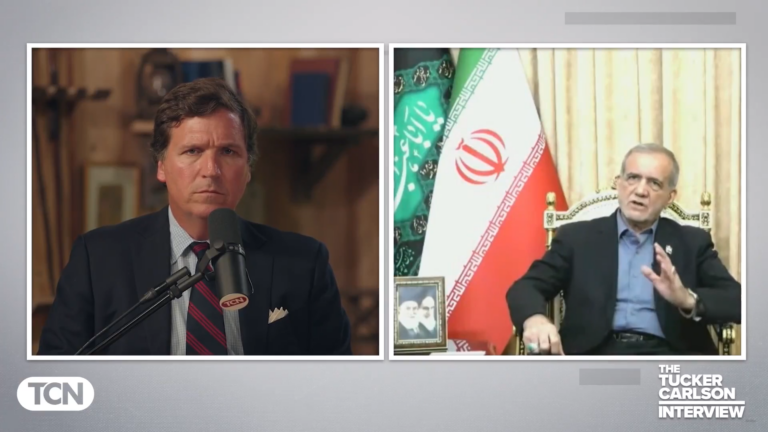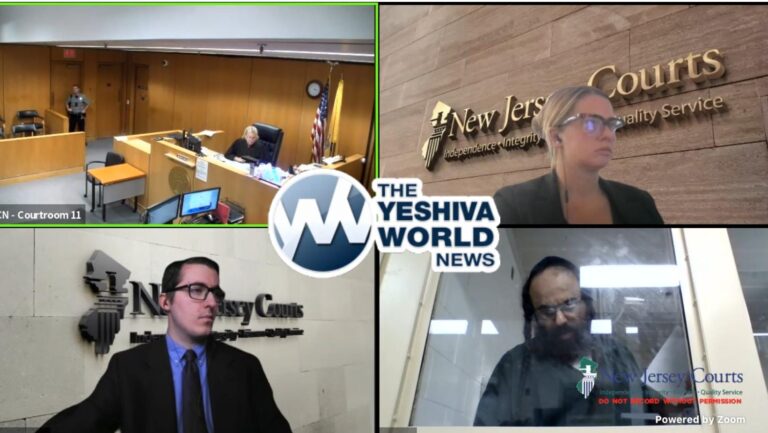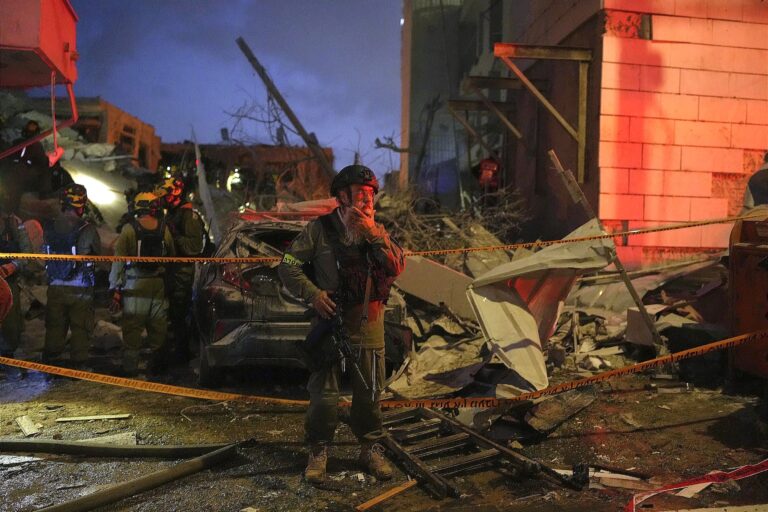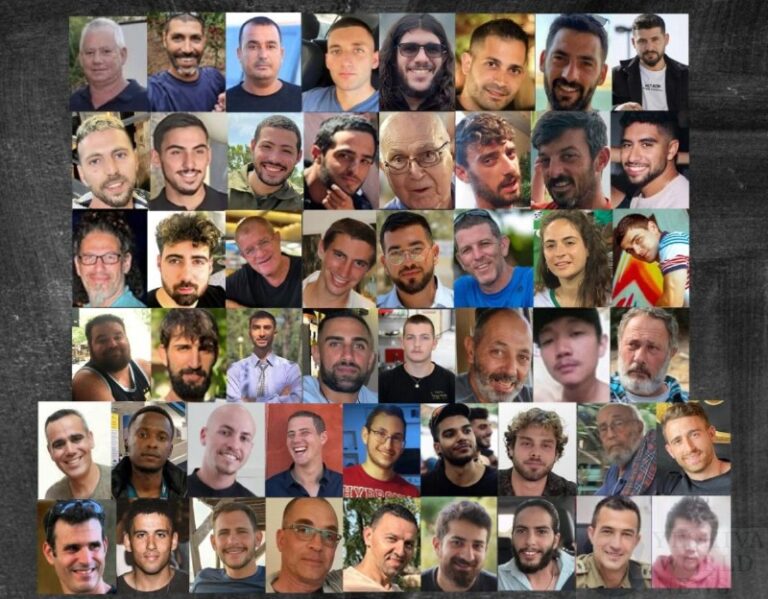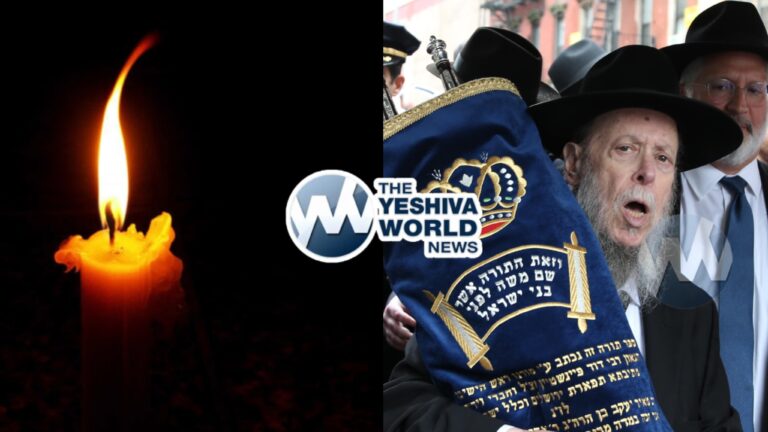Chazal go through every single plague that Hashem brought upon the Egyptians and ponder why that specific makkah was brought. The list enumerates why every makkah was brought and how it, in essence, was middah k’negged middah.
The makkah of barad, as stated in the Medrash, was because the Egyptians forced bnei Yisroel to plant vineyards, orchards, gardens and trees; Hashem therefore brought upon Mitzrayim the plague of barad to destroy everything that they forced bnei Yisroel to build, allowing them no pleasure at all.
We also know that one of the activities that the Egyptians forced the bnei Yisroel to do was to build the cities of Pisom and Ra’amses. They had bnei Yisroel build these cities on quicksand and immediately after it was built, it collapsed; so they made them build it over and over again. The evil Egyptians knew that there was no greater pain than not seeing their hard work and the fruits of their labor paying off; it was extremely demeaning. The Egyptians had immense pleasure in torturing the bnei Yisroel this way.
We learn from Pisom and Ra’amses that the impact of the slavery was felt when they completed a project and it was destroyed thereafter. If this was so, then what was the middah k’neged middah in the plague of barad? The bnei Yisroel were the ones that planted the trees, the orchards and all the other fields-as the Medrash stated. It would seem that the barad was harming the bnei Yisroel more than the Egyptians because they were the one who toiled on it?
A Rebbi of mine offers an answer with something that applies to all of us.
Human nature is such, that if someone works tirelessly they want to see results and accomplishments for all their efforts. But here, it was different. Because klal Yisroel knew that the makkos were going to help them; they understood that something great was going to happen and unfold before their eyes! They recognized that everything that was happening, and all that happened up until now, was only small talk. They understood that this was all part of a bigger picture. There was one small detail that inconvenienced them and that bothered them. Nevertheless, being that with each makkah they saw themselves getting closer and closer to redemption and to eretz Can’aan, this didn’t intimidate them in the slightest way. They were focused and understood that all these makkos were in essence moving them forward to their ultimate salvation, not allowing them to concentrate on the minor details. However, by Pisom and Ra’amses nothing had started yet so it was hard for them to have this realization as they didn’t see the yad Hashem up until now.
People go through life and have different scenarios play out before them. Some make a big deal, while others secure a big contract. Some lose investments and others get raises. There are many times when things don’t always look so great either. But if a person truly understands that everything Hashem does is in his best interest and that they’re in the best hands possible, then he knows that the future looks bright.
When the Brisker Rav got married his father in law bought him some real estate for him to have parnassah from. Within a short period of time he lost all the properties. Upon realizing his loss, he took out a chovos halevavos and locked himself in his room for four hours. Upon emerging from there he looked at his wife and said ‘until four hours ago I thought I was a rich man; now, I know that I’m a rich man.’
May we all be zoche to see the yad Hashem in our everyday dealings and to merit the coming of Moshiach b’karov.
HAVE A GREAT SHABBOS

